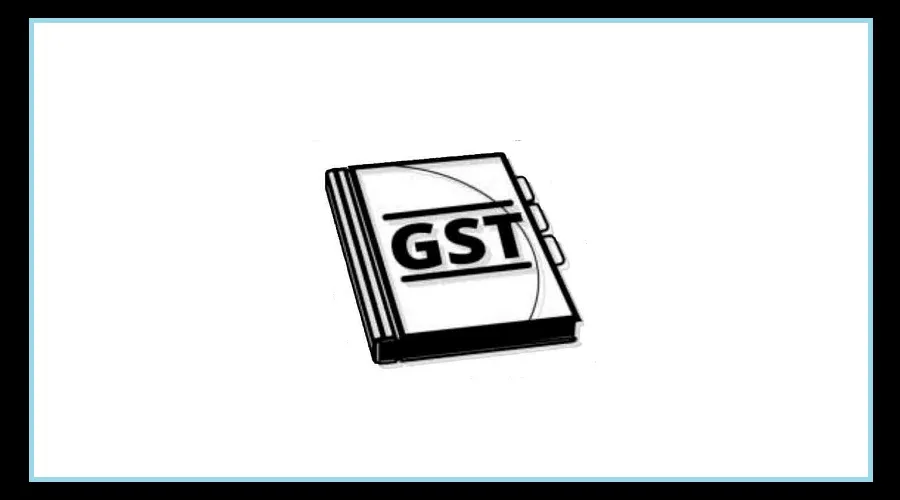On 15 August, Prime Minister Narendra Modi announced major reforms in the Goods and Services Tax (GST). The government’s decision is expected to reduce the tax burden on people and promote consumption.
Investors are calling it a “surprise gift” as stock prices of sectors like auto, cement, consumer goods, and financials have already gone up. Lower prices mean higher demand, which is seen as a positive sign for the economy.
Key Changes in GST Structure
Currently, GST has four slabs — 5%, 12%, 18% and 28%. The government is considering a two-tier structure by removing the 12% and 28% slabs. At the same time, a higher GST of up to 40% may be imposed on “sin goods” such as tobacco, cigarettes, pan masala, and gambling.
Experts say this move will:
Increase consumption.
Make business easier with lower rates.
Reduce tax evasion and bring more businesses into the formal economy.
Sectors Likely to Benefit
Automobiles: If GST on passenger vehicles and two-wheelers is reduced from 28% to 18%, companies like Maruti, Hero, TVS, Eicher, Tata Motors, and Ashok Leyland could see big gains.
Consumer Durables: Lower GST on air-conditioners and white goods may boost demand. Companies like Voltas and Havells are expected to benefit the most.
Cement & Real Estate: Cement currently attracts 28% GST. If cut to 18%, prices could fall by 7.5–8%. This would help real estate developers as cement forms 4–5% of housing costs in big cities. However, the government could face a revenue loss of ₹20,000–25,000 crore.
Food, Beverages & Health Sector Impact
Food & Beverages: Items like dairy, bottled water, juice, and packaged snacks may move from 12% to 5% GST. Companies such as Bikaji, Gopal Snacks, Nestle India, and Dabur may see lower margins.
Ayurvedic Products: Firms like Dabur and Emami could benefit, as many Ayurvedic items may shift from the 12% to the 5% slab.
Insurance & Healthcare: Reduction of GST on health and life insurance is also being discussed. For example, cutting GST on term plans from 18% to 5% could help Max Financial, while companies like Star Health and ICICI Lombard may benefit indirectly through higher vehicle sales.

